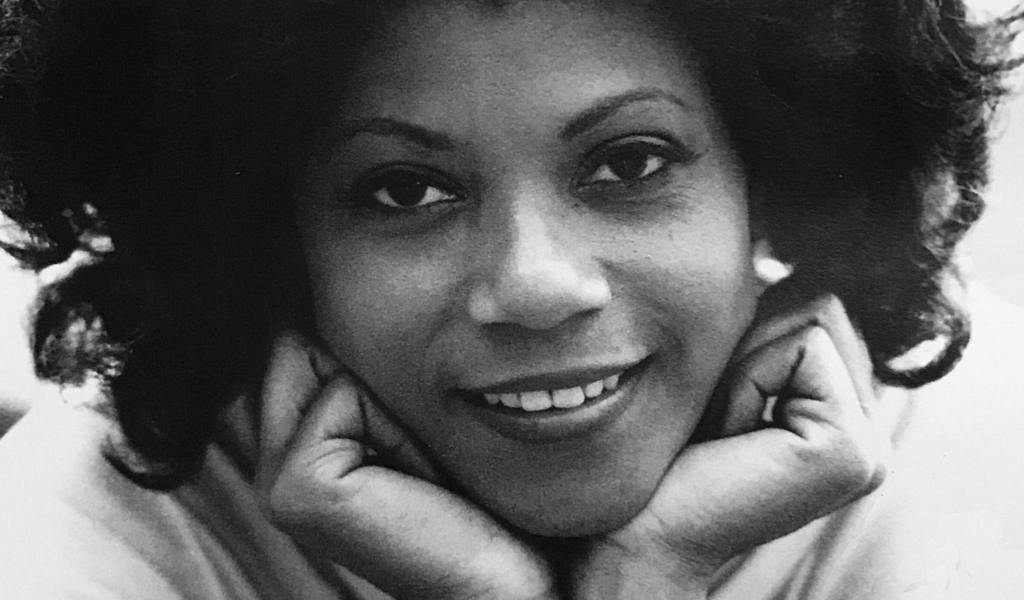
As a premature baby who also suffered from polio, sprinter Wilma Rudolph overcame all odds when she turned into a pioneering track and field champion. Although her success was not easily won, she became one of the world’s fastest women and a source of inspiration for athletes.
Born in 1940 in Tennessee as one of 22 children, she suffered from both scarlet fever and double pneumonia, and was paralysed by polio and forced to wear a brace on her leg.
"My doctor told me I would never walk again. My mother told me I would. I believed my mother," she later explained. And it’s a good thing she did. By the time she was a teen, she had regained her ability to walk and turned to athletics.
At age 16, she was an Olympic champion. She competed in the 1956 Olympic games and won a bronze medal in the 4x100 relay. Four years later, she stormed to gold at the 1960 summer Olympics, winning three medals and breaking world records in the process. Nicknamed "The Tornado," she made history as the first American woman ever to win three gold medals in track and field at a single Olympic game.
Despite her incredible achievements, she retired early, at age 22, choosing not to participate in Olympics for the third time. Instead, she enrolled at Tennessee State University to study education. At that time, athletes couldn’t count on media and agencies’ endorsements for a financial support, and Rudolph relied on teaching, coaching and youth-development jobs to get by. She once wrote in that respect, “I was besieged with money problems. People were always expecting me to be a star, but I wasn’t making the money to live like one. I felt exploited both as a woman and as a Black person.”
Later, she created the Wilma Rudolph Foundation to support young people in underprivileged communities through sports and academics, helping them to overcome obstacles, just as she had.
"The triumph cannot be had without the struggle. And I know what struggle is. I have spent a lifetime trying to share what it has meant to be a woman first in the world of sports so that other young women have a chance to reach their dreams," she said.
